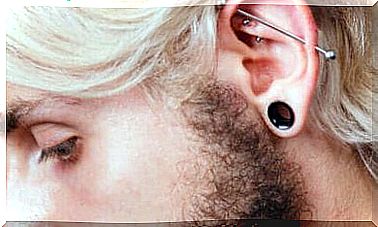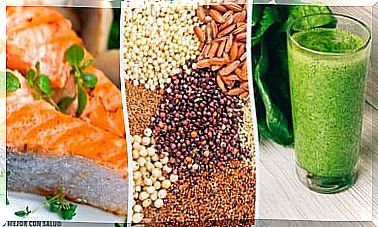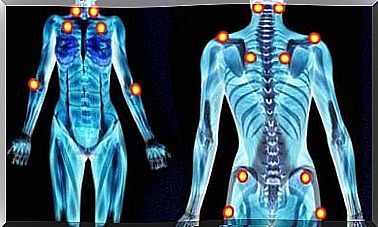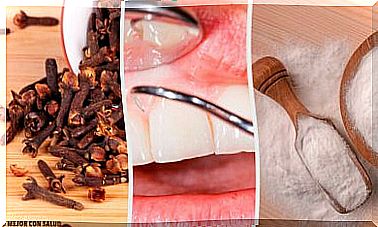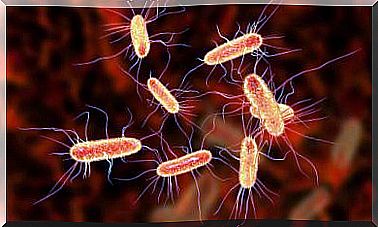What Is Appendicitis? What Are The Causes?
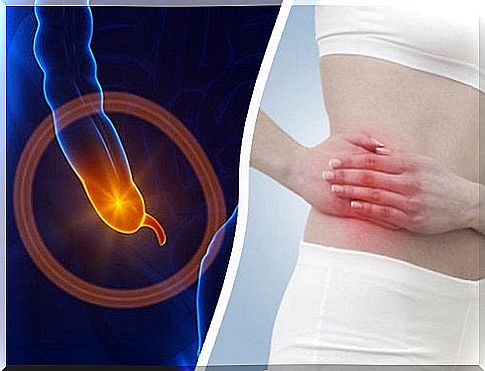
What is appendicitis?
Many people say that the appendix has no function. That is why doctors simply remove it if you suffer from appendicitis. This small organ does have functions related to the immune system, but it is not essential. However, it is part of the overall harmony and proper functioning of the body.
That’s why you should never ignore your appendix. Remember: “everything has a reason.”
But what is appendicitis? This condition develops when the appendix becomes inflamed, as the name suggests.
Some say that the cause lies in poor eating habits or tension and stress. But there is no scientific evidence yet. Children can also suffer from it.
This condition is dangerous, because if not treated in time, the appendix can burst and its contents get into the body. Harmful substances, toxins and negative bacteria normally remain in the gut.
So they shouldn’t come out. Otherwise you can suffer from peritonitis. This is particularly dangerous, as it can cause infection or even death.
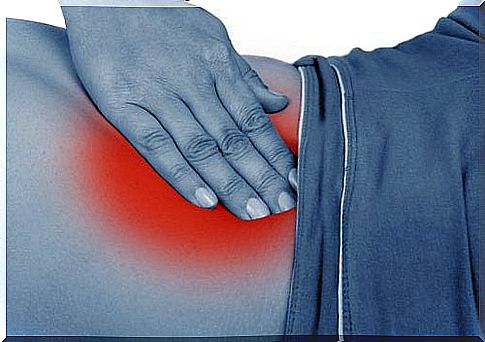
In a woman suffering from peritonitis, the ovaries and fallopian tubes can become infected, which can even lead to infertility.
How do you notice appendicitis?
There are some very characteristic symptoms as well as symptoms that arise in other conditions as well. Therefore, you have to pay close attention so that there is no misdiagnosis, which could make the situation worse if the appendix were to burst.
Not all patients experience the same symptoms, nor do they all have them at the same time. The most common are:
- Nausea and vomiting
- Strong, sudden pain in the right side of the lower abdomen (bowel)
- Strong and sudden pain around the navel.
- Pain when the area is pressed, which worsens as the pressure decreases
- Body temperature between 37.5ºC and 43ºC.
When it comes to appendicitis, the fever rises, there is a lot of general pain and shock can develop.
It is not always easy to recognize the symptoms of appendicitis, because they have a lot in common with the first signs of the flu or liver disease.
The opposite can also happen: an inflammation of the appendix is diagnosed, an operation is performed, but it turns out that it is not appendicitis.
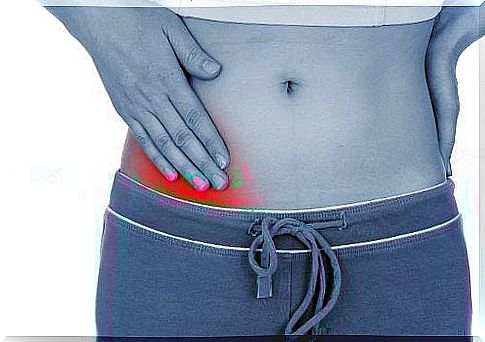
Tips to prevent problems with the appendix
If we assume that appendicitis is caused by poor nutrition or emotional problems, we can change those habits. This is not a guarantee that the appendix will never become inflamed, but we can reduce the chance.
Relax
Emotional rest is very important and it is necessary to take it regularly. Anxiety, stress and nerves have negative effects on health. Try not to live under pressure and not stay angry, worry, be dissatisfied, or fear the future.
Give yourself time to do the things you enjoy that “fill your soul,” such as reading a book, taking a nap, playing with your kids, or going for a walk in the park.
Watch your diet

Maintaining a balanced diet is essential to feel good and to keep your gut in good health. And it will also help to prevent appendicitis. Try to eat several times a day, but in smaller amounts, rather than two meals a day.
Avoid animal fats, processed meats, dairy products, sugar and processed flours. All these things cause a build-up of toxins that can cause problems in the gut. Choose whole grains, fruits and vegetables, beans and legumes, and dried fruits and nuts.
Get exercise
Exercise two or three times a week to relieve tension and enjoy life, leaving the problems and obligations behind for a while.
You can also maintain a healthy weight and escape your daily routine of sitting in front of a computer screen. Go for a walk, bike ride, jog, swim, dance, jump… Do whatever you want, but keep moving.
After surgery, what now?
If you’ve had surgery for appendicitis or peritonitis, it’s important to know that you need to follow a special diet and take good care of yourself for a period of time. You spend an average of two to six days in the hospital if you have had appendicitis.
If it was a more serious problem, you may have to stay for a few weeks. That depends on what the problem was. It is important that you eat a very healthy diet and that you eat good quality food after surgery if your appendix has been removed. This way your intestines stay clean and no new accumulations of toxins are created.
You should avoid the following products for up to three months after surgery:
Sugar or white flour
Processed products are bad for your health in general and they are especially bad if you are recovering from surgery. They produce many toxins that build up in the gut and cause bacteria.
Junk food

To this group we include everything that is fried and processed, including sausages. These fats stick to the lining of the intestines and also enter the bloodstream.
Animal products
For a few months after surgery, it would be good to eat a vegetarian or vegan diet and avoid all dairy products, eggs, and red meat. All of these foods contain hormones and other dangerous products. But they can also cause a layer on the intestinal wall, such as with milk.
Other foods to avoid
- Alcoholic beverages
- Coffee
- Tea
- Chocolate
- spicy food
- Strong spices or sauces
Keep in mind that you will be very sensitive and these products will be hard on you and bad for your body. Do not do work that is physically demanding, take as much rest as possible, take short and quiet walks. Finally, avoid stress to recover properly.
